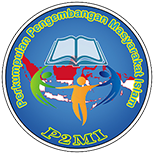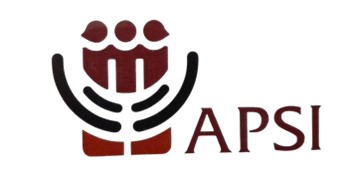PERAN BANK SAMPAH TRI ALAM LESTARI DALAM PEMBERDAYAAN MASYARAKAT UNTUK MENINGKATKAN KUALITAS LINGKUNGAN
DOI:
https://doi.org/10.15408/jko.v3i2.30916Keywords:
Waste Banks Role, Community Empowerment, Environmental QualityAbstract
Abstract
This research aims to explain the role and analyze the results of community empowerment through activities at the Tri Alam Lestari Waste Bank to improve environmental quality. This study uses a qualitative approach and purposive techniques in the selection of research informants. Data mining is done by means of observation, interviews, documentation and literature study. Using data analysis techniques proposed by Miles and Huberman, and data validity techniques using source triangulation. Based on research that has been carried out, the Tri Alam Lestari Waste Bank carries out the roles of Facilitative Roles, Educational Roles, Representational Roles and Technical Roles in community empowerment to improve environmental quality through activities in the waste bank. The results of the empowerment in this study indicate that the Tri Alam Lestari Waste Bank through the activities carried out can improve the quality of the environment, as seen from the increasingly clean and well-maintained environment and the people who are starting to become aware of protecting the surrounding environment.
Downloads
References
Arrazy, S. (2017). Bahan Ajar Analisis Kualitas Lingkungan.
Kartasasmita, G. (1997). PEMBERDAYAAN MASYARAKAT: Konsep Pembangunan yang Berakar pada Masyarakat.
Mardikanto, T., & Soebiato, P. (2017). Pemberdayaan Masyarakat Dalam Prespektif Kebijakan Publik. Muhtadi. (2017). Pendampingan Bank Sampah Melati Bersih Berbasis Pemberdayaan Bagi Masyarakat
Urban. Jurnal Pemberdayaan Masyarakat: Media Pemikiran Dan Dakwah Pembangunan, 1(2). Pudjiastuti, S. R., Iriansyah, H. S., & Yuliwati. (2021). Program Eco-Pesantren Sebagai Model
Pendidikan Lingkungan Hidup. Jurnal Abdimas Prakasa Dakara, 1(1), 34.
Rizal, R. (2017). Buku Ajar Analisis Kualitas Lingkungan, 4th edn.
Rizaty, M. A. (2021a). Mayoritas Sampah di Jakarta Berasal dari Rumah Tangga pada 2020. Soekanto, S. (2002). Teori Peranan. Bumi Aksara.
Soemartono, R. G. . (2006). Arbitrase dan Mediasi di Indonesia. PT. Gramedia Pustaka Utama. Suparlan, P. (1997). Paradigma Naturalistik Dalam Penelitian Pendidikan: Pende_katan Kualitatif dan
Penggunaannya. Jurnal Antropologi, 53.
Surah Ar-Rūm Ayat 41. (n.d.). MARJA.ID. https://www.marja.id/quran/030_ar-rum/ayat_41/ Zubaedi. (2013). Pengembangan Masyarakat: Wacana & Praktik (1st ed.). Penerbit Kencana.












